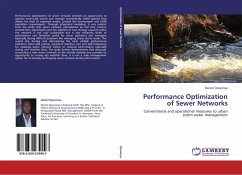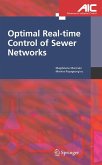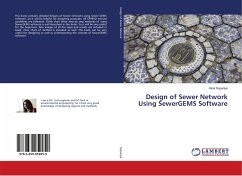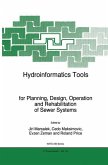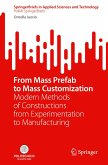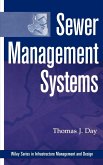Performance optimization of sewer network presents an opportunity to operate technically sound and manage economically viable systems that deliver the level of expected service, protect the environment and fulfill regulation requirements. Through integrated modeling, it was evident from the study that sewer network optimization by real time control, throttle flow adjustments and the addition of new storage capacity within the network is not only sustainable but it also enhances levels of performance and therefore useful for sewer operators and managers especially during difficult situations like managing urban storm water. The results also divulge into determining the most reliable performance indicators (total spill volume, maximum overflow rate and spill Frequency) for assessing sewer network failure or reduced performance especially during wet weather flow. The study further demonstrates that although connecting a new sewer network to the already existing one provides an opportunity to convey dry weather flow, it is not a wise management option for an already surcharging sewer network during storm events.
Bitte wählen Sie Ihr Anliegen aus.
Rechnungen
Retourenschein anfordern
Bestellstatus
Storno

